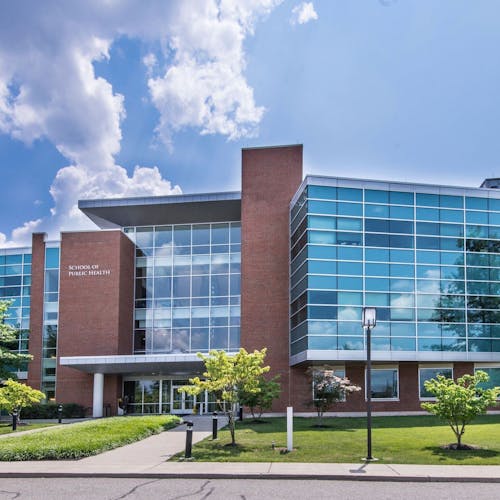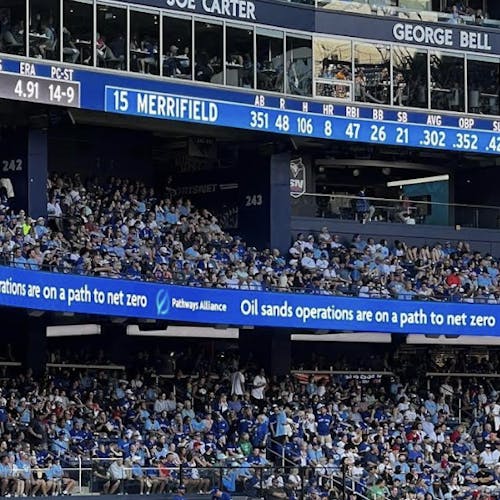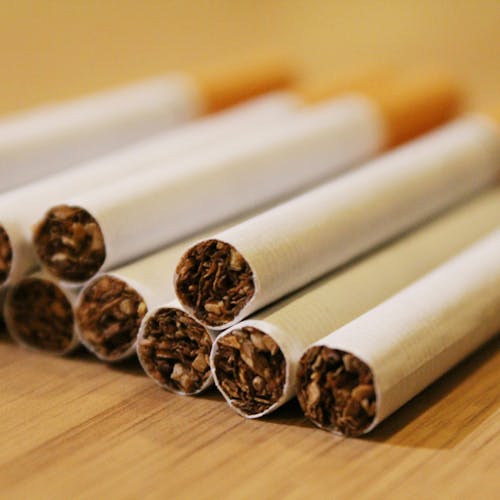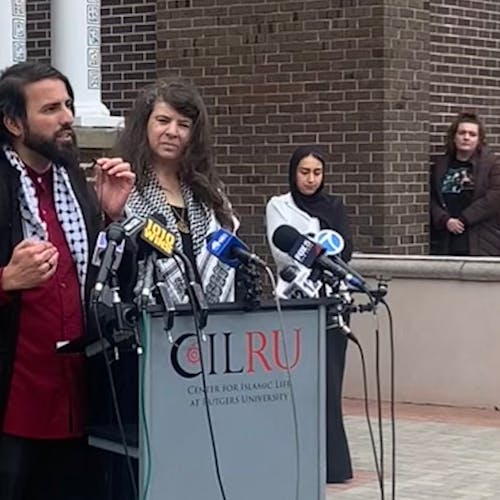LGBT refugees face persecution overseas
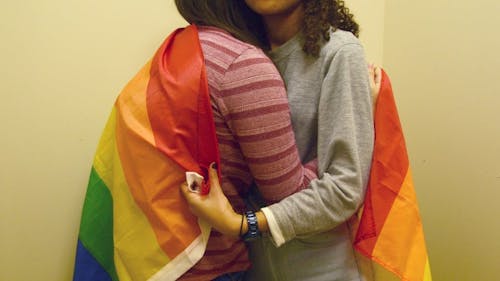
Life is hard for children fleeing their homeland, harder yet if the child does not conform to cultural norms.
A new study published by Edward Alessi, an assistant professor at the Rutgers School of Social Work, sheds light on the treatment of lesbian, gay, bisexual and transgender (LGBT) individuals overseas.
The study, which was published in Child Abuse & Neglect on Nov. 24, found that asylum seekers experienced severe physical, verbal and sexual abuse throughout childhood and adolescence on the basis of their sexual orientation and/or gender identity.
The abuse occurred in the refugees' homes, schools and communities
The documents reviewed for this research includes 26 interviews from migrants who entered the United States or Canada as a refugee or asylum seekers. Participants came from all continents except for Antarctica and Australia.
“I think the U.S. may be more accepting (of LGBT individuals), now that all 50 states have legalized gay marriage,” said Donna Climent, a School of Environmental and Biological Sciences first-year.
The United States joined 21 other countries that have legalized gay marriage after a Supreme Court decision last summer, according to Pew Research Center.
The number of countries that have criminalized any non-heteronormative activity far outnumbers those that have legalized gay marriage. The International Lesbian, Gay, Bisexual, Trans and Intersex Association (ILGA) identifies 75 countries that criminalize LGBT individuals.
"The increase in discrimination and violence against LGBT people living in countries where homosexuality is legal has also raised new concerns about LGBT human rights," according to Alessi's study.
A study conducted in 2013 by the Gay, Lesbian and Straight Education Network found that 56 percent of LGBT middle and high school students experienced discriminatory school policies and practices.
Nicole Stoicescu, a School of Arts and Sciences first-year student, said she can attest to this discrimination.
Stoicescu traveled to Italy over winter break, where the immigrant population is greater than 8 percent of the total, according to the International Society of Transport and Aircraft Trading.
Italians called people of Asian descent "bizarre," she said.
Conflicts between cultures can be geographical, Stoicescu said, but can also be a result of a generation gap.
Alessi’s study found that ideological conflicts between refugees and their parents contributed to their ultimate decision to leave their home country.
Speech, clothing, hobbies, friends and sexual partners all raised tension in the household, according to the study.
“(My parents) raised me differently than their parents raised them," Climent said. "School for them wasn’t a big priority because they had to go straight to work and make money to survive ... now, education and college is such a big thing, so I have to attend college.”
Climent’s mother and father are from Italy and Cuba, respectively.
The cultural gap between her and her older relatives, who are from Romania, is striking, Stoicescu said.
“There’s a huge difference between my grandmother and I. (Her generation) doesn’t accept people as much," she said. "They have so many stereotypes, while we as a generation are so including of everyone.”
Even so, some parents can reach a mutual understanding with their children.
“The largest cultural gap between (my parents and I) would be living in fear ... or being double-stigmatized,” said Da’shon Holder, a School of Arts and Sciences senior. “However, I am grateful that my parents are extremely loving and supportive in every way.”
Holder is a member of LLEGO, the LGBTQQIA people of color organization.
“Socially, being a person of color is already minority classification, and it takes privilege away from you," he said. "Being queer (and) being (a person of color) takes even more privilege away from you, as you have to face racism and queerphobia.”
Climent said she agreed, and that this attitude persists, “especially in some countries where religion is a big part of their culture.”
For queer students of color or for those from outside of the United States, there are several resources at the University that can provide support. Those organizations include LLEGO and the Center for Social Justice, Holder said.
“These families have opened their doors to identities that the masses continue to devalue and leave unacknowledged," Holder said. "They offer platforms for people who have these intersecting identities."
